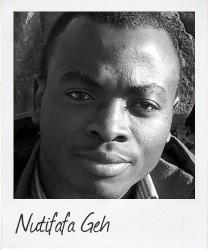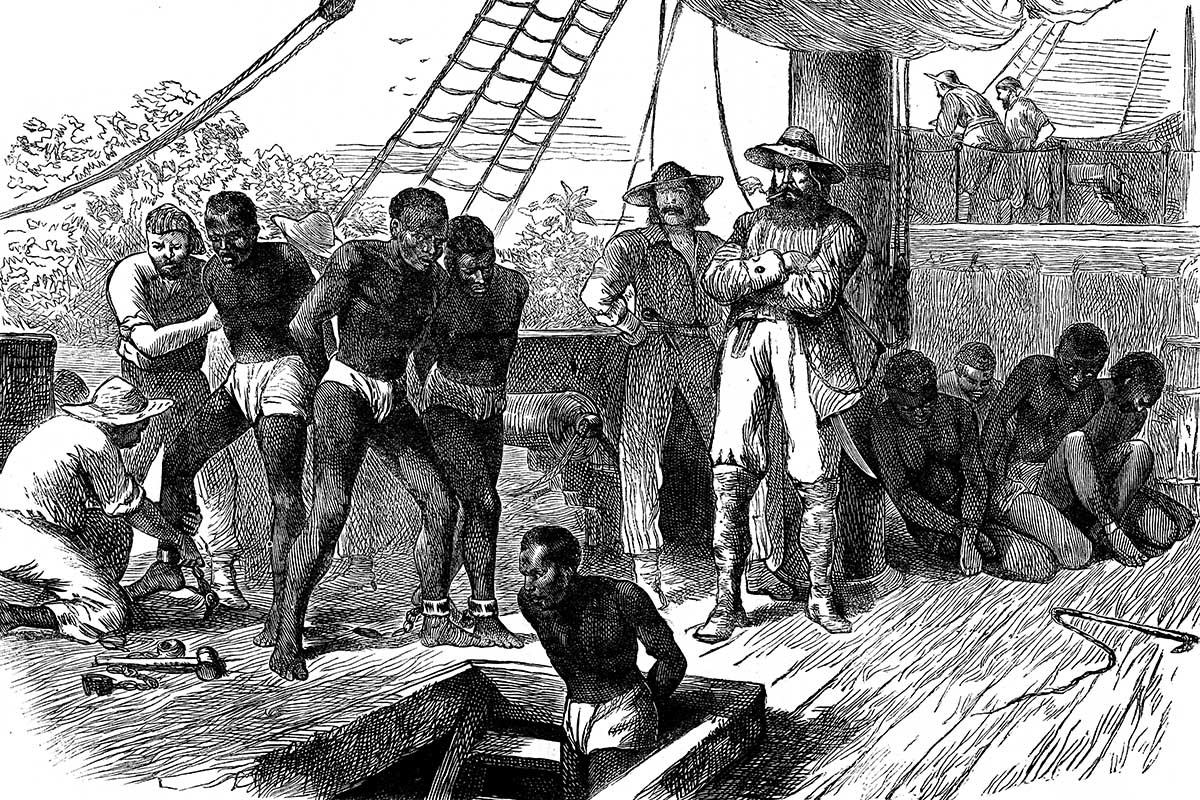“Interview with a Commonwealth scholar”
July 4Education is not a luxury, but a necessity for empowerment and creating opportunities and an essential element in achieving the Sustainable Development Goals, writes Nutifafa Geh, 30, a Commonwealth Correspondent from Ho, Ghana. Scholarships like Commonwealth Shared Scholarship make it possible for students in the Commonwealth to pursue their postgraduate studies in universities in the United Kingdom. He interviewed Mark Gadogbe, a 2013 Scholar, about experiences and opportunities that came through the award.
Nutifafa: Tell me something about yourself – who is Mark Gadogbe?
Mark: Mark is a very young man who tries hard to avoid talking about himself, but now has to. Well, I’m from a family of four, I am married, and I have two masters’ degrees: MSc Environmental Technology (Renewable Energy) from the University of Hull, UK and MSc Environmental Resources Management from the Kwame Nkrumah University of Science and Technology, Ghana. I currently work with the Ghana branch of Knight Piesold, a multi-national engineering and environmental consulting company. Academically and in terms of working experience, I have a broad range of expertise that cuts across the natural resource, environment and renewable energy disciplines. Besides my aptitude and passion in these fields of expertise, I could say I am a people person with very good personal, social and leadership skills and competence.
Nutifafa: Tell me about your award – where and what did you study?
Mark: I studied MSc Environmental Technology (Renewable Energy) at the University of Hull from 2013-2014.
Nutifafa: What were some of your best moments at University of Hull?
Mark: I have a lot of beautiful memories of my time at ‘Hull Uni’ as University of Hull is affectionately called. The fun moments with the Ghanaian family I lived with and the Ghanaian community, my voluntary work experience with the University’s International Office and the opportunity to meet with many people in top hierarchy, the memories of balancing work and school just because I wanted to experience how working in UK is like. I also recall the experience of working on a real world project from a respected company in the UK for my dissertation, and the many valuable educational field trips. One of the funniest moments, however, was during the time of volunteering for the International Office. I placed calls and emails to prospective students living in many different parts of the world. One day while finishing off my work and about to leave, I was called back to the office by a staff (a British) who wanted to know the meaning of ‘Ewe’. Apparently he had received a reply to a mail I sent to a Ghanaian applicant (who happened to be an Ewe) and the mail was asking if I am an Ewe. The staff was at first bewildered when he saw the word Ewe but with the explanation I gave him and the online research, he got to know that it’s an ethic group in Ghana, and it became something we all laughed about whenever it comes to mind.
Nutifafa: Information is power, and I will like to know how you first got to know about the scholarship?
Mark: The information first came to me from a classmate at KNUST (Kwame Nkrumah University of Science & Technology).
Nutifafa: What were some of the challenges you faced during your study?
Mark: I can’t recall any serious challenge. I know this may sound quite unbelievable but it’s true. Everything was smooth for me. I mean, what very serious challenge can one possibly have when you have your ‘every’ need taken care of by the Commonwealth Scholarship Commission and you are at Hull Uni, a place where your welfare is top priority? Perhaps I will say the initial phase was adjusting to a new environment and weather, but even that went pretty smoothly for me, because I was privileged to actually live with a Ghanaian family who leased out one of their rooms to me and were very helpful with all the information I needed and where to get every stuff I needed.
Nutifafa: One of the goals of the scholarship scheme is to empower students to return to their home country after the award, and contribute to national development. How have you been working to achieve that?
Mark: My current career as an Environmental Scientist/Consultant has put me in a position to contribute quite a significant quota to the nation’s development agenda. No human or nation can develop sustainably without the environment, and our line of work ensures that development projects are environmentally friendly.
Projects I’ve been on in this short span of my career have been mainly mining projects, liquefied natural gas projects, run-of-river hydro power projects, providing services or expertise in environmental and social impact assessment, environmental monitoring, pre-feasibility studies, mine closure and rehabilitation. I believe you can bear with me that those are very relevant projects in the development agenda of any nation, and it’s always a good feeling to offer solutions to clients’ problems.
Among other things, I have made myself available and have been consulted on a number of occasions by students in need of educational/career guidance or advice. I guess being a scholar makes a lot of people look up to you, right?
Nutifafa: Yes, that’s true – being a scholar makes a lot of people look up to you. Now, let me know how the scholarship changed your life and impacted your career?
Mark: Well, in a lot of ways; perhaps too many to verbalize. To start with, I got inspired at Hull: the exposure, the knowledge and additional skills set acquired. All has built my confidence in so many ways and added good value to my professional life. I learnt a lot in a short time and my career just started, but it’s on good footing. Many dreams did come true, thanks to the CSC and Hull Uni for funding the scholarship.
Nutifafa: Are you in contact with the UK host institution and colleagues?
Mark: Yes, I am. Having gone through Hull Uni, you feel a part of it and the university will itself make sure you are part of its history and success story through its very good development and alumni relations team.
Nutifafa: What advise will you give to those who wish to apply for this scholarship?
Mark: To tell you the fact, it’s a very highly competitive scholarship. Getting it makes you feel there must be something exceptional about you. Very competitive, but you won’t regret a thing when you get it. I urge everyone to give it a try and to strictly follow all the application requirements. It’s a blessing being a Commonwealth Scholar and I give God praise that it came my way, too; a child from nowhere. That’s a blessing I wish everyone!
Nutifafa: Scholar, thanks very much for your time. This interview is a short one but I hope to arrange for another one whereby we can discuss this more at length. Best wishes in your career!
Note: The Commonwealth Shared Scholarship is fully funded and managed by Commonwealth Scholarship Commission (CSC) and candidates are selected on the basis of merit and their potential to contribute to the needs of their home countries.
Photo credit: Commonwealth Scholarship Commission (CSC); https://goo.gl/wBSwmq
…………………………………………………………………………………………………
About me: My name is Nutifafa and I am for students (#Iam4Students). I believe what wings are to a bird is what education is to every boy and girl whether young or old. For that reason, my interest in education is very keen, and it is a joy for me to give a hand in empowering students to reach their full potential.
I love life and photography, and I believe I can make students smile by giving them the reason to.
…………………………………………………………………………………………………
Opinions expressed in this article are those of the author and do not necessarily represent the views of the Commonwealth Youth Programme. Articles are published in a spirit of dialogue, respect and understanding. If you disagree, why not submit a response?
To learn more about becoming a Commonwealth Correspondent please visit: http://www.yourcommonwealth.org/submit-articles/
…………………………………………………………………………………………………





